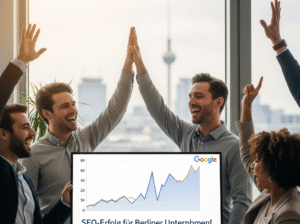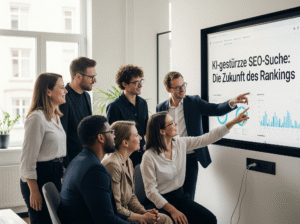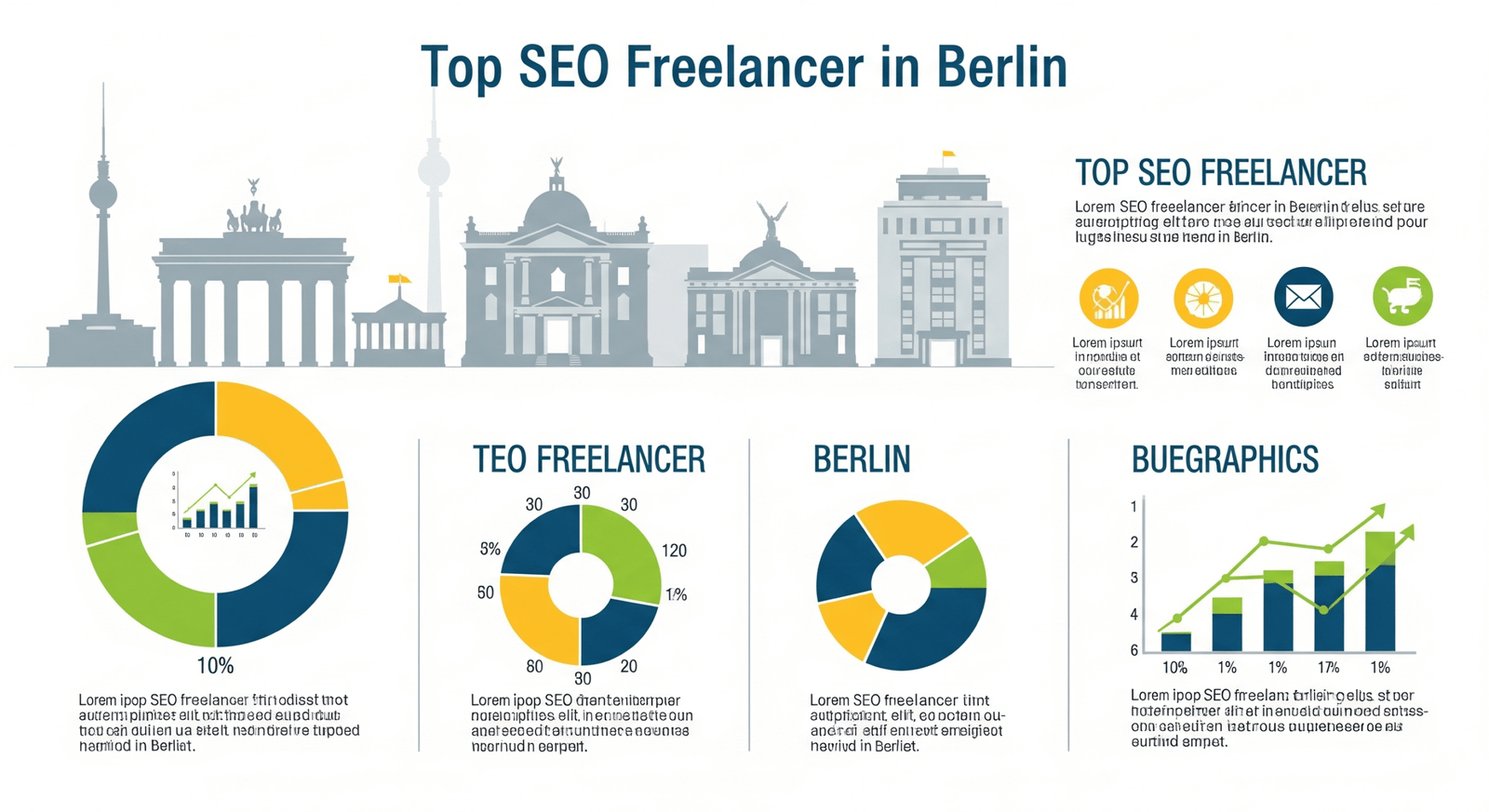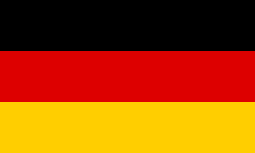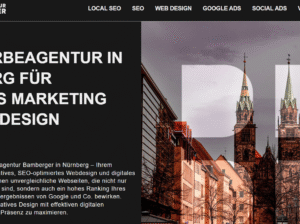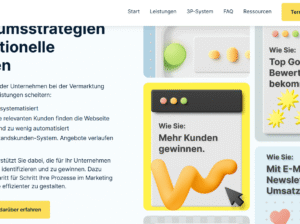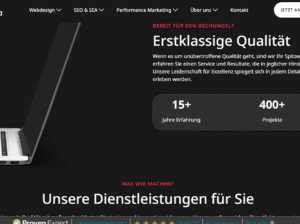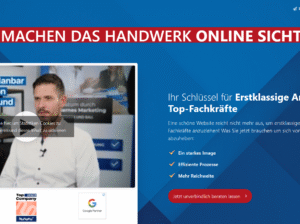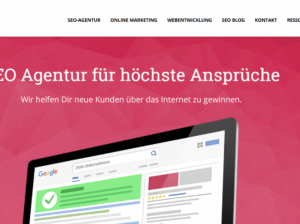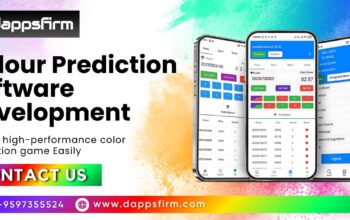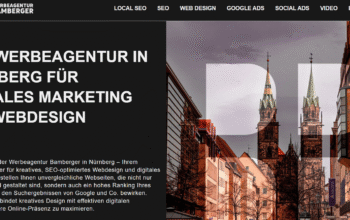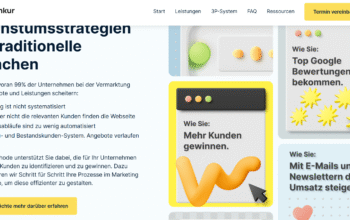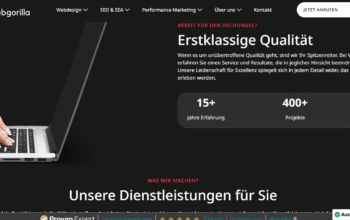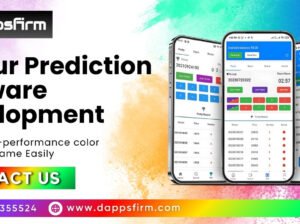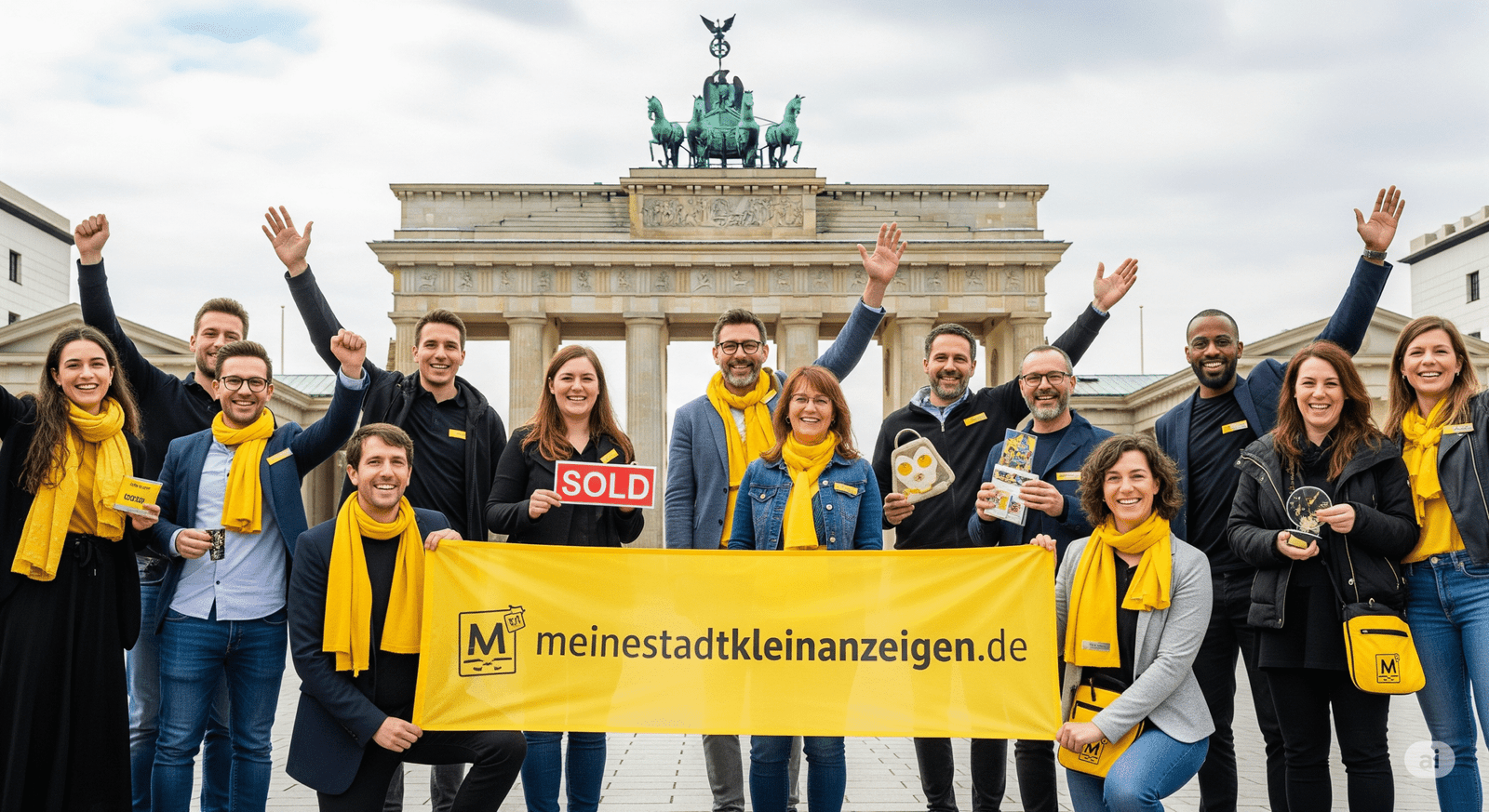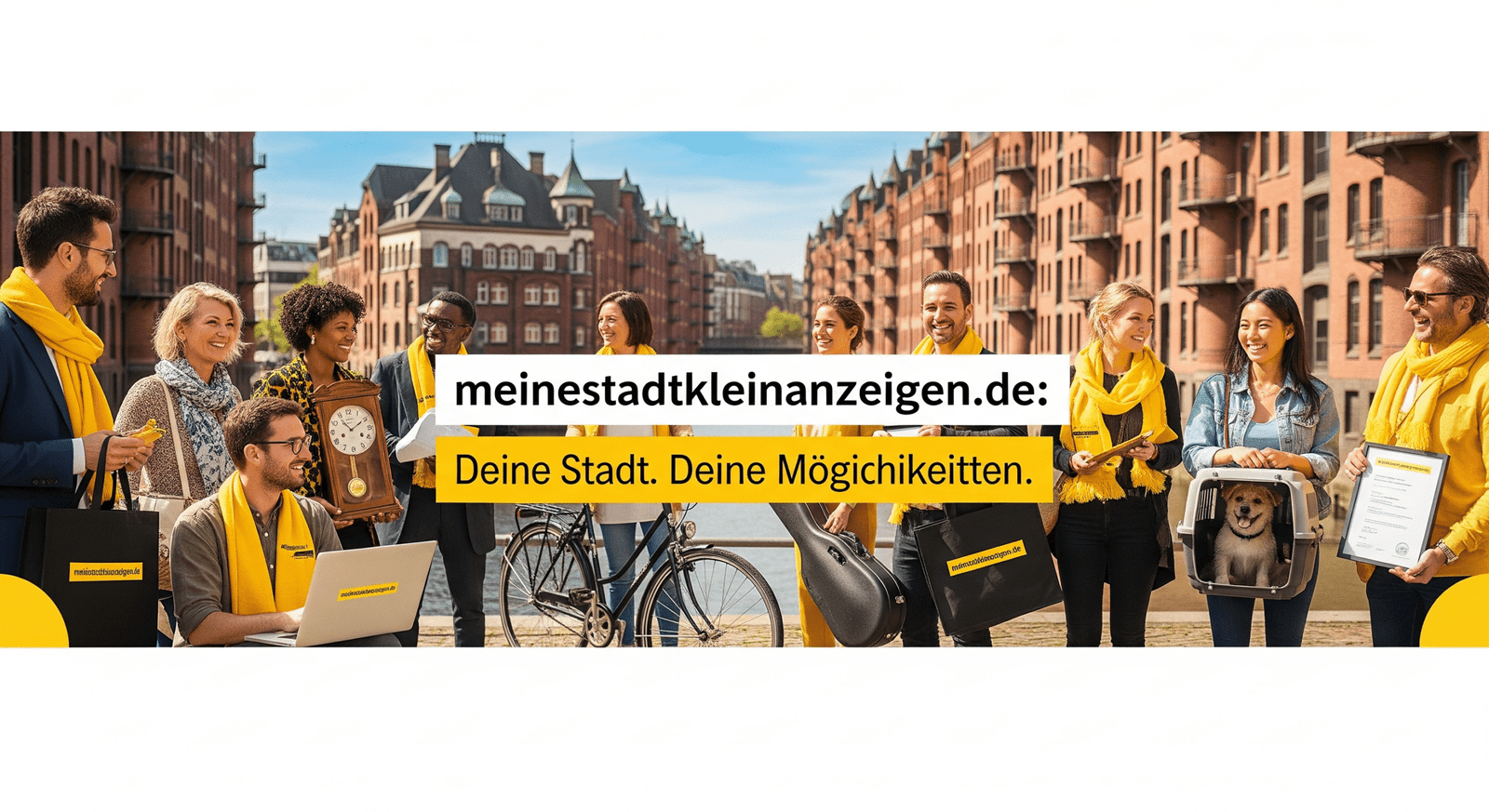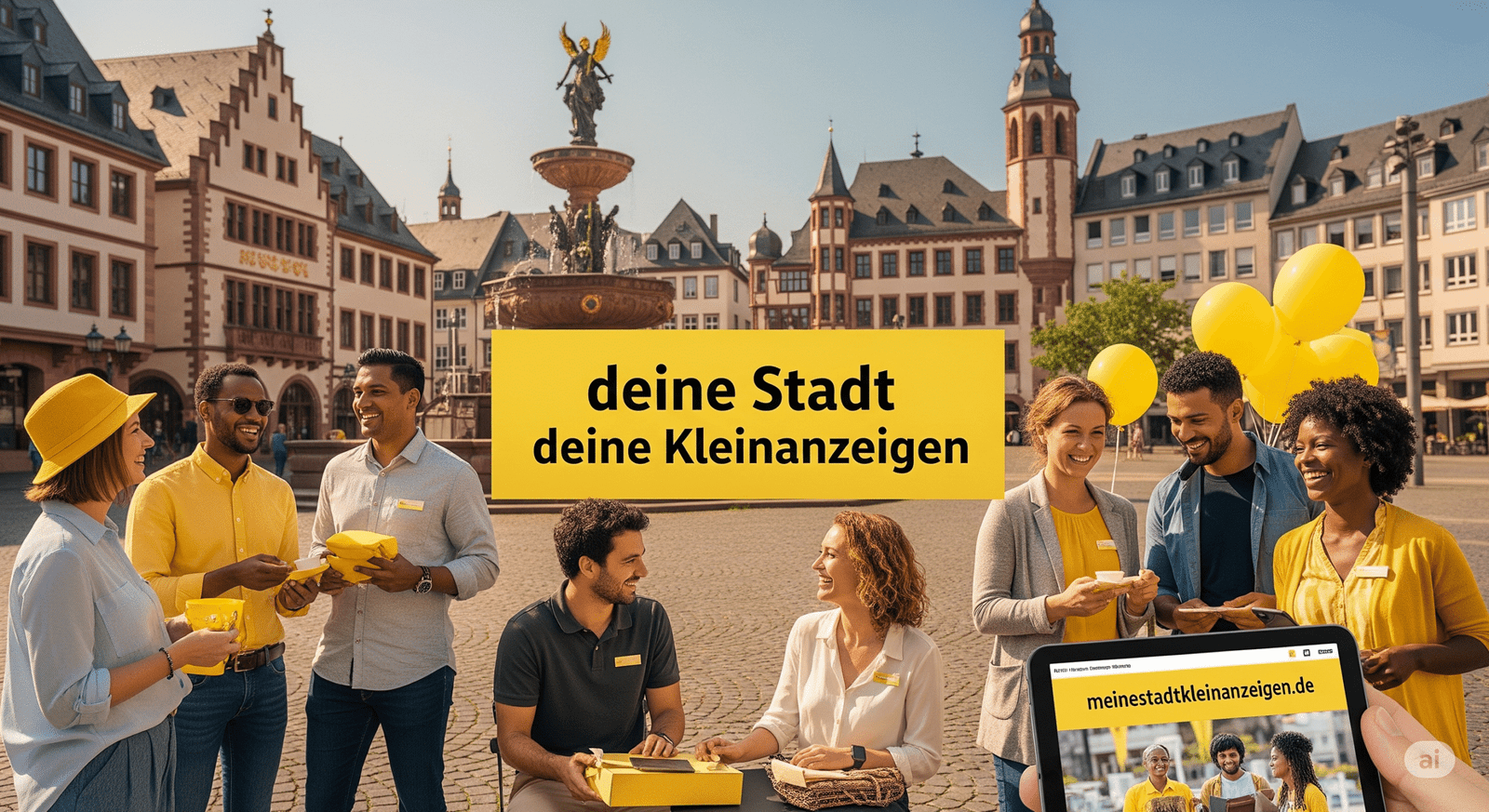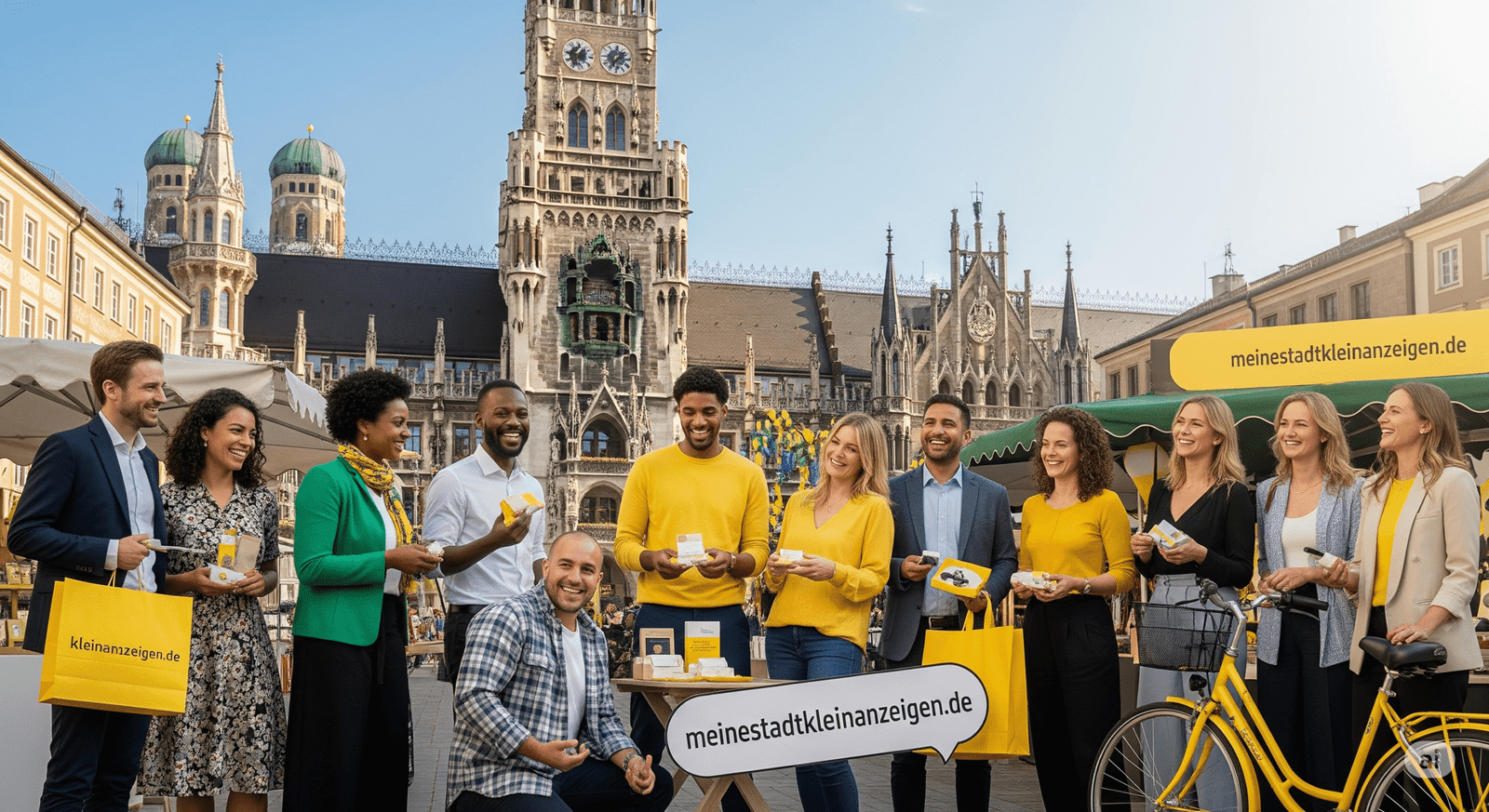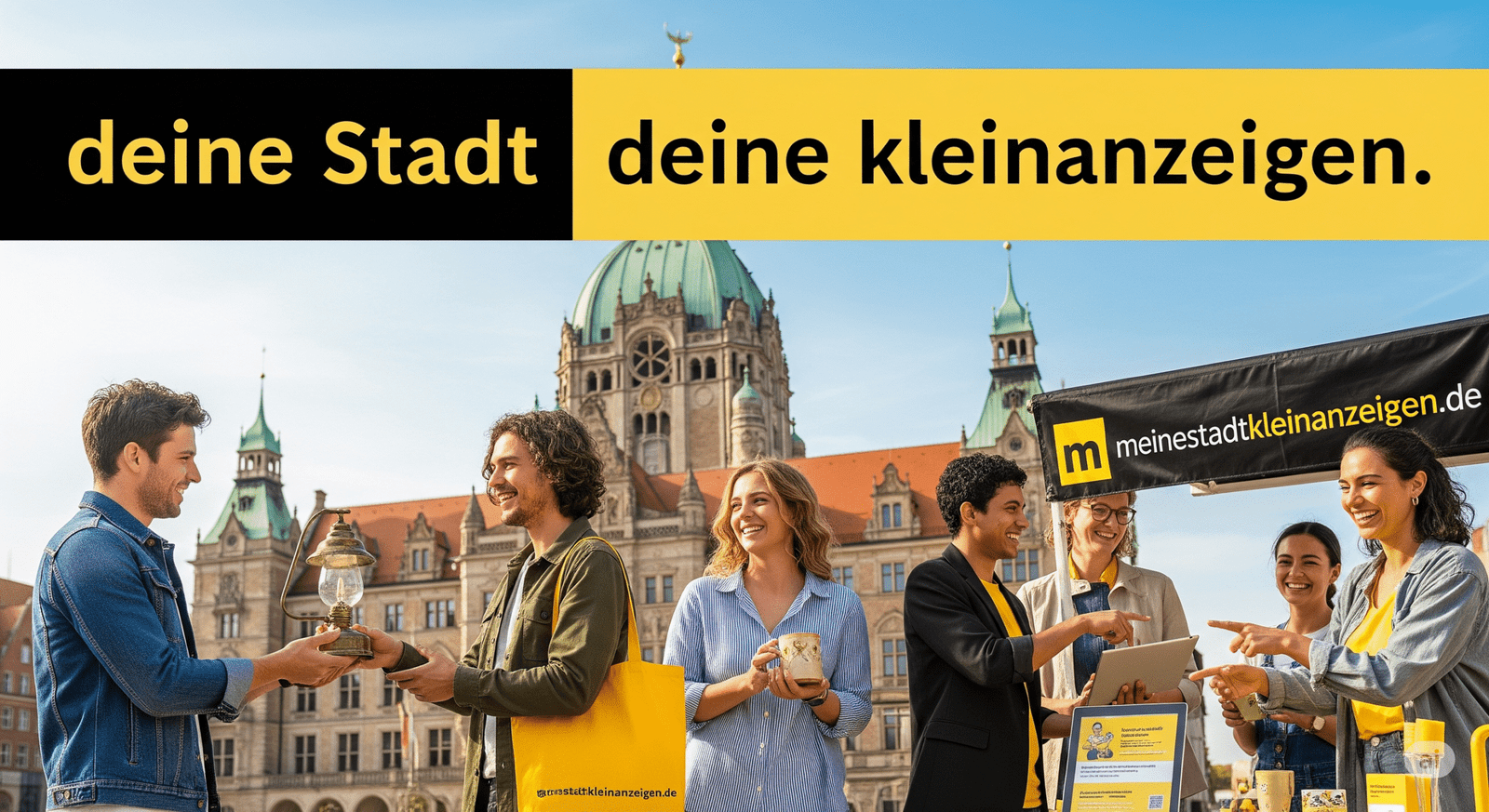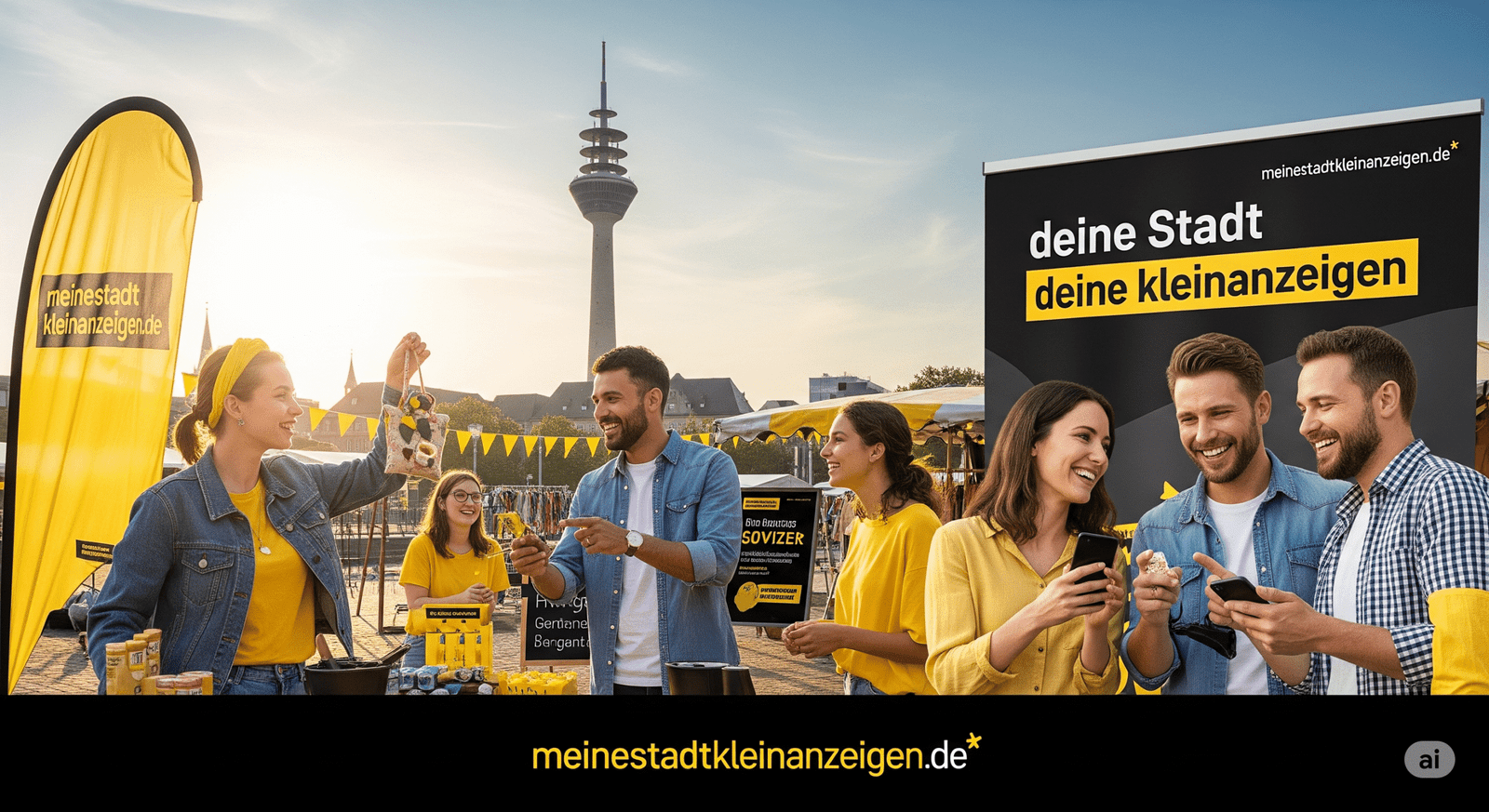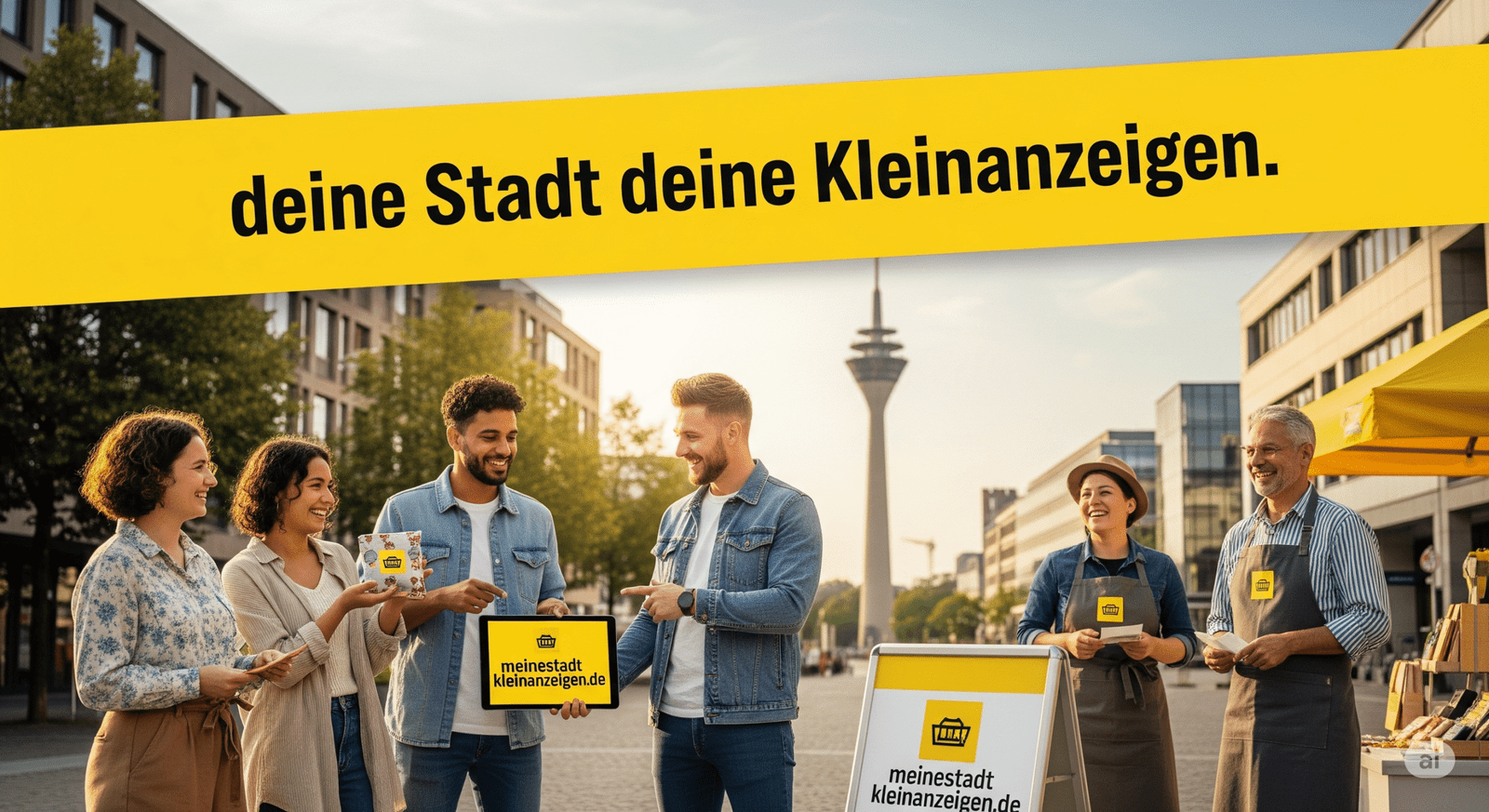1. What is Shopify & Why is it Dominating Frankfurt's E-commerce?
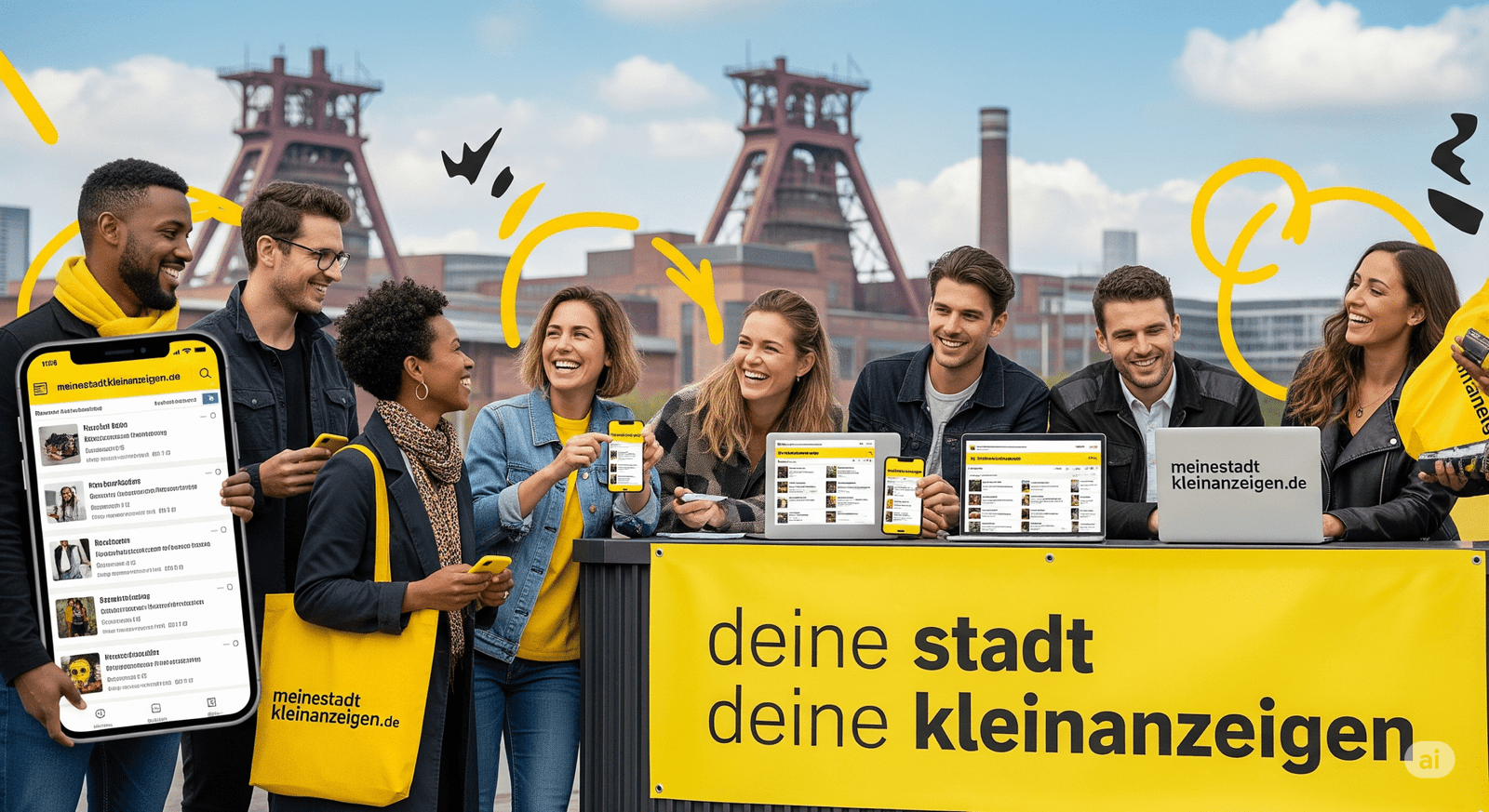
Shopify is a comprehensive, cloud-based e-commerce platform that allows businesses to create, manage, and grow their online stores. Unlike open-source platforms like WooCommerce (which runs on WordPress) or Magento, Shopify is a fully hosted solution. This means you don't have to worry about server maintenance, security patches, or hosting configurations. Shopify handles all the technical heavy lifting, allowing you, the business owner in Frankfurt, to focus on what you do best: selling your products and building your brand. The platform's rise in Germany, and particularly in a bustling commercial center like Frankfurt, is due to a perfect storm of factors. Firstly, its user-friendly interface makes it accessible to entrepreneurs without a technical background. The dashboard is intuitive, making it simple to add products, process orders, and view sales data. Secondly, its scalability is unparalleled. A small startup operating from a studio in Bornheim can use the same core platform as a multi-million-euro enterprise in the financial district. As your business grows, you can seamlessly upgrade your plan, culminating in Shopify Plus, the enterprise-level solution for high-volume merchants. This scalability provides a clear growth path without the need for costly and complex platform migrations down the line. Finally, the Shopify App Store is a game-changer. With thousands of apps, you can extend your store's functionality in virtually any way imaginable. Need to integrate with German accounting software like DATEV? There's an app for that. Want to offer local delivery options within Frankfurt? There are apps for that too. This ecosystem allows for incredible customization without the need for extensive custom coding, saving time and money.
The platform's architecture is built for modern commerce. It's mobile-first, ensuring a flawless shopping experience for the majority of German consumers who shop on their smartphones. Its global CDN (Content Delivery Network) ensures fast loading times for customers, whether they're in Sachsenhausen or Singapore. Security is also paramount; with full PCI DSS compliance, Shopify handles all payment security, giving both you and your customers peace of mind. For Frankfurt businesses, this combination of ease of use, power, and security makes Shopify the logical choice to compete in the digital age. It lowers the barrier to entry for new businesses while providing the robust tools needed for established brands to expand their reach both locally and internationally.
2. The True Cost of Shopify Web Design in Germany
One of the most common questions from aspiring e-commerce entrepreneurs in Frankfurt is, "How much does a Shopify website actually cost?" The answer is complex, as it's akin to asking the price of a car—it depends entirely on the model, features, and level of customization. It's best to break down the costs into tiers. At the most basic level, you have the DIY or "template setup" approach. This involves choosing a pre-made theme from the Shopify Theme Store (which can be free or cost up to €350) and setting it up yourself. The primary costs here are your time, the theme price, and your monthly Shopify subscription. This can be a viable option for businesses on a very tight budget, but it often results in a generic look and lacks strategic optimization. The next tier is working with a freelancer or a small agency for a "template customization" project. Here, they will take an existing theme and modify it to better fit your brand—changing colors, fonts, and layouts, and setting up essential apps. This typically ranges from €2,000 to €8,000 in Germany. It's a good middle ground that provides a professional look without the cost of a fully custom build.
The top tier, where agencies like RM Digital24 and AI SEO Search operate, is the "custom design and development" project. This is a bespoke solution built from the ground up to meet your specific business needs. The process involves extensive strategy sessions, user experience (UX) design, user interface (UI) design, and custom theme development. The cost for such a project in the Frankfurt market generally starts around €10,000 and can easily exceed €50,000 for complex Shopify Plus builds with custom app development and third-party system integrations (like ERP or PIM systems). While the initial investment is higher, the ROI is often significantly greater. A custom site is optimized for conversion, perfectly reflects your brand, and is built to scale. When budgeting, it's also crucial to consider ongoing costs beyond the initial build. These include your monthly Shopify plan, transaction fees, subscriptions for premium apps (which can range from €10 to €200+ per month), and potential retainers for marketing, SEO, or maintenance services from your agency. Understanding the full financial picture is key to building a sustainable and profitable Shopify business in Frankfurt.
3. Choosing the Right Shopify Plan for Your Frankfurt Business
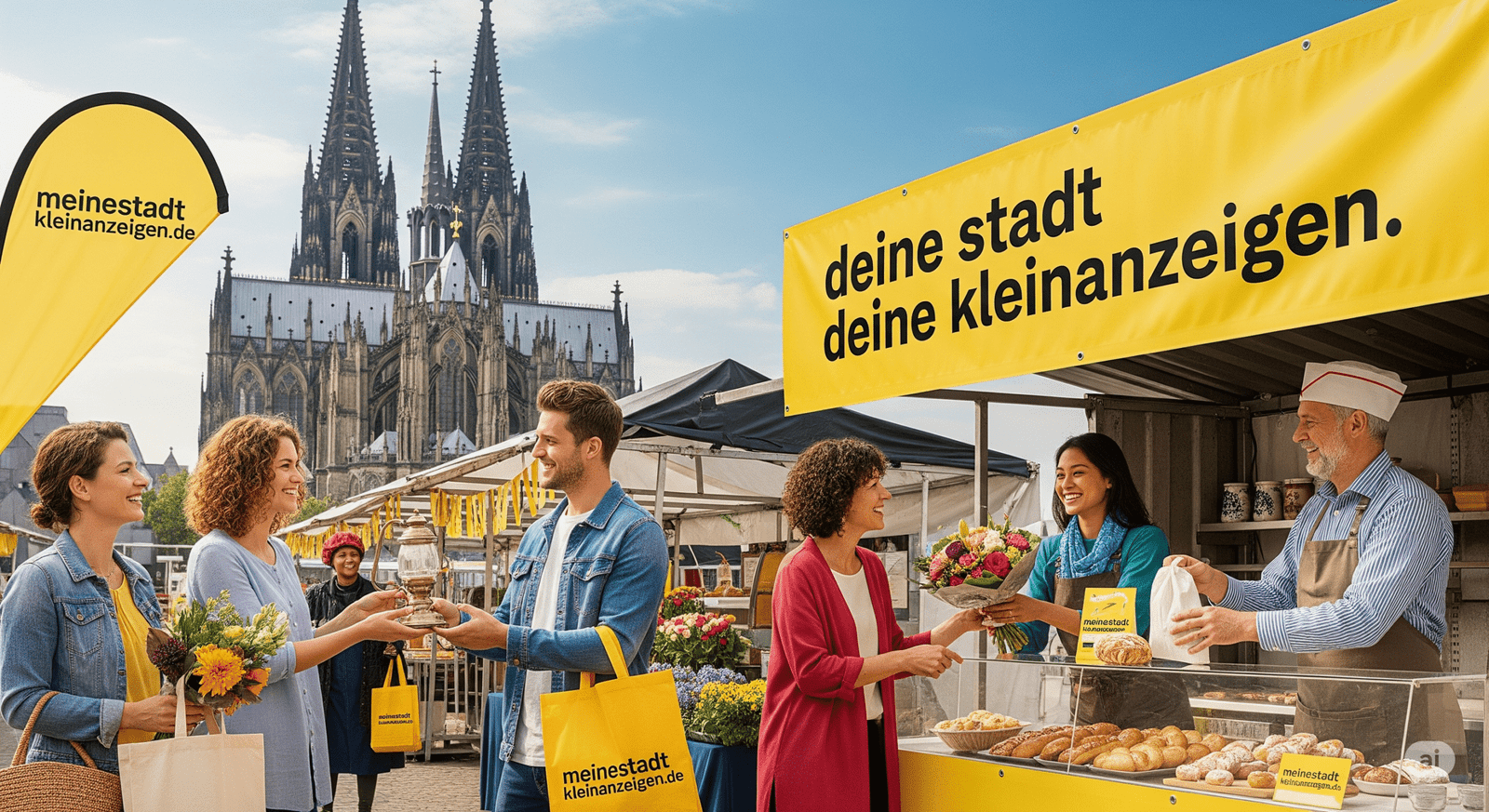
Shopify offers several pricing plans, and selecting the right one is crucial for managing costs and accessing the features you need. For a new business starting out, for example in Frankfurt's Nordend district, the **Basic Shopify** plan is often the perfect entry point. It provides all the essential tools to launch a fully functional online store, including product and order management, a website and blog, and access to the app store. It's designed for entrepreneurs who are just beginning their e-commerce journey and want to test their market without a significant financial commitment. As your business grows and order volume increases, the **Shopify** plan (the middle tier) becomes more attractive. The key advantage of this plan is its lower transaction fees and more advanced reporting features. These professional reports give you deeper insights into customer behavior, sales trends, and marketing effectiveness, which are vital for making data-driven decisions to scale your business. This plan is ideal for a growing business in Frankfurt that has established a steady stream of sales and is looking to optimize its operations.
For established businesses with a high sales volume, the **Advanced Shopify** plan offers the best value. It boasts the lowest transaction fees and the most sophisticated features, including an advanced report builder and third-party calculated shipping rates. This plan is geared towards businesses that are serious about scaling and need powerful tools to manage a larger operation. Finally, for large enterprises and high-volume merchants, there is **Shopify Plus**. This is not just a plan but an enterprise-level platform that offers unparalleled customization, dedicated support, and advanced capabilities. With Shopify Plus, you can manage multiple stores from a single dashboard, customize your checkout process (a significant advantage), and access exclusive APIs and apps. It's the solution for major Frankfurt-based brands that process thousands of orders and require a robust, scalable, and highly customized e-commerce infrastructure. An expert agency can analyze your business model, sales projections, and feature requirements to recommend the most cost-effective plan for your specific stage of growth.
4. SEO for Shopify: A Frankfurt-Specific Guide
Launching a Shopify store is just the first step. To attract customers in a competitive market like Frankfurt, you need a robust Search Engine Optimization (SEO) strategy. SEO is the process of optimizing your online store to rank higher in search engine results for relevant keywords. For a Frankfurt-based business, this involves a multi-faceted approach. First is **Local SEO**. This is critical if you have a physical presence (e.g., a boutique in Sachsenhausen) or primarily serve the local area. It involves creating and optimizing a Google Business Profile, ensuring your business name, address, and phone number (NAP) are consistent across the web, and gathering local customer reviews. You should also create content that targets local keywords, such as "handmade leather goods Frankfurt" or "best coffee beans delivered in Bornheim." This helps you capture the highly valuable "near me" search traffic.
Next is **Technical SEO**. Shopify provides a solid foundation, but there's always room for improvement. A technical SEO audit from an agency like AI SEO Search will analyze aspects like site speed, mobile-friendliness, crawlability, and schema markup. Improving page load speed is particularly crucial, as a slow site can deter customers and negatively impact rankings. This involves optimizing images, leveraging browser caching, and minimizing the use of heavy apps. **On-Page SEO** is about optimizing the content on your product and collection pages. This includes conducting thorough German keyword research to understand what your potential customers are searching for, and then strategically incorporating these keywords into your page titles, meta descriptions, headings, and product descriptions. Creating a blog with valuable content related to your products is also a powerful on-page SEO tactic. For example, a fashion store could write articles about "Styling tips for Frankfurt's business district" or "The best parks in Frankfurt for a weekend stroll." Finally, **Off-Page SEO**, the specialty of AI Linkboost, involves building your store's authority through high-quality backlinks. This means earning links from reputable German blogs, news websites, and industry portals. A strong backlink profile signals to Google that your store is a trustworthy and authoritative source, leading to higher rankings for competitive keywords.
5. Headless Commerce with Shopify: The Future for Ambitious Frankfurt Brands
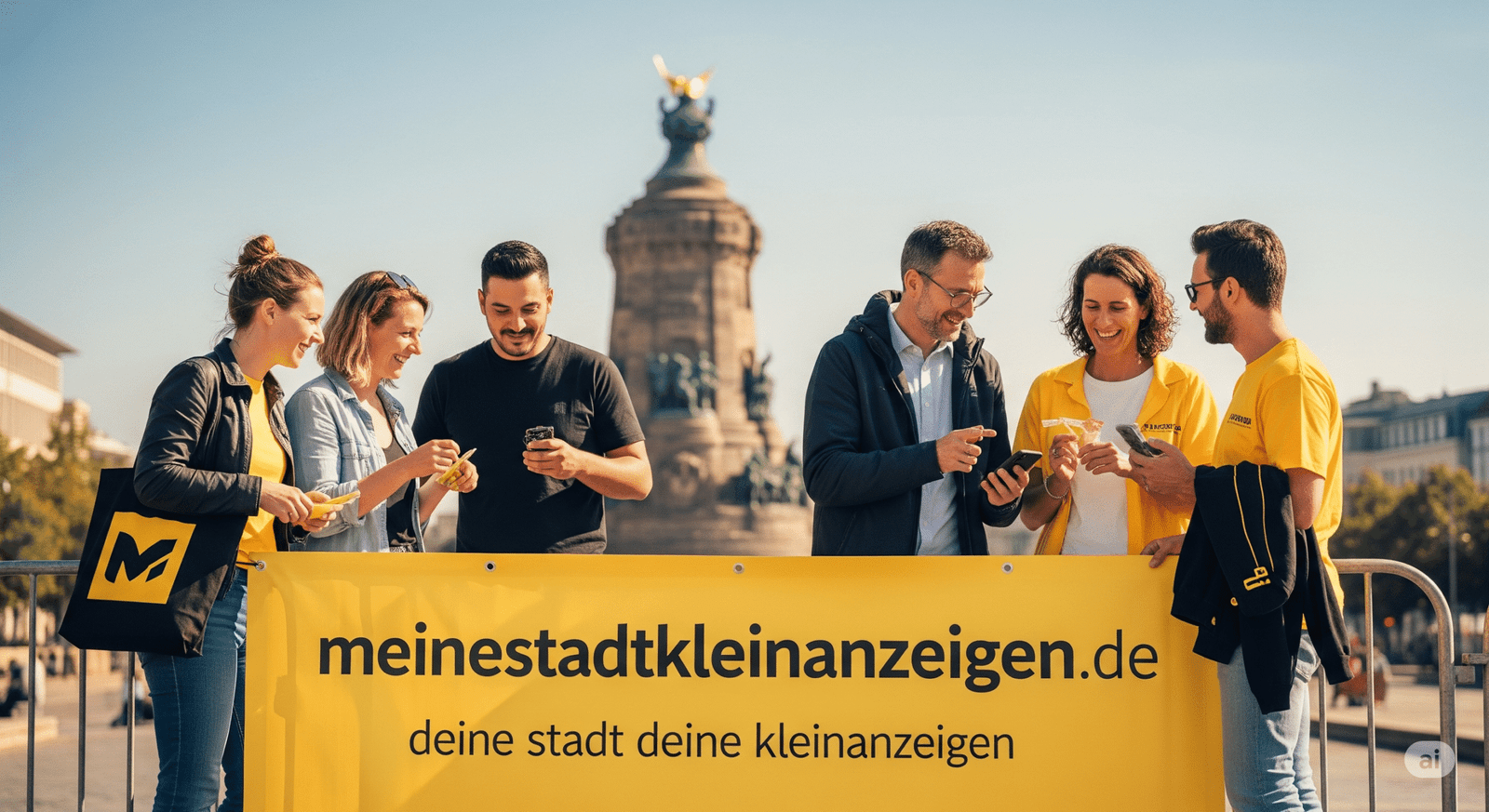
As the e-commerce landscape evolves, ambitious brands in Frankfurt are looking beyond traditional solutions to gain a competitive edge. This is where "headless commerce" comes into play. In a traditional Shopify setup, the front-end (the customer-facing website or "head") is tightly coupled with the back-end (the e-commerce engine that manages products, orders, and payments). Headless commerce decouples these two layers. It uses Shopify's powerful back-end purely for its e-commerce functionality while allowing developers to build a completely custom front-end using modern frameworks like React, Vue.js, or Svelte. This front-end then communicates with the Shopify back-end via APIs (Application Programming Interfaces).
So, what are the benefits of this approach for a Frankfurt business? The primary advantage is **unparalleled creative freedom and performance**. With a headless architecture, designers and developers are no longer constrained by the limitations of a Shopify theme. They can create truly unique, immersive, and interactive user experiences that perfectly match a brand's vision. These front-ends, often built as Progressive Web Apps (PWAs), are incredibly fast, leading to better user engagement, higher conversion rates, and improved SEO rankings. Another key benefit is **omnichannel readiness**. With a headless setup, you have a central commerce engine (Shopify) that can power multiple front-ends. You can have your main website, a mobile app, in-store kiosks, and even IoT devices all pulling product and checkout information from the same back-end. This creates a seamless and consistent brand experience across all customer touchpoints. While headless commerce is a more complex and costly undertaking, requiring a skilled development agency like RM Digital24, it offers a future-proof solution for forward-thinking Frankfurt brands that want to deliver a best-in-class digital experience and stand out in a crowded marketplace.


